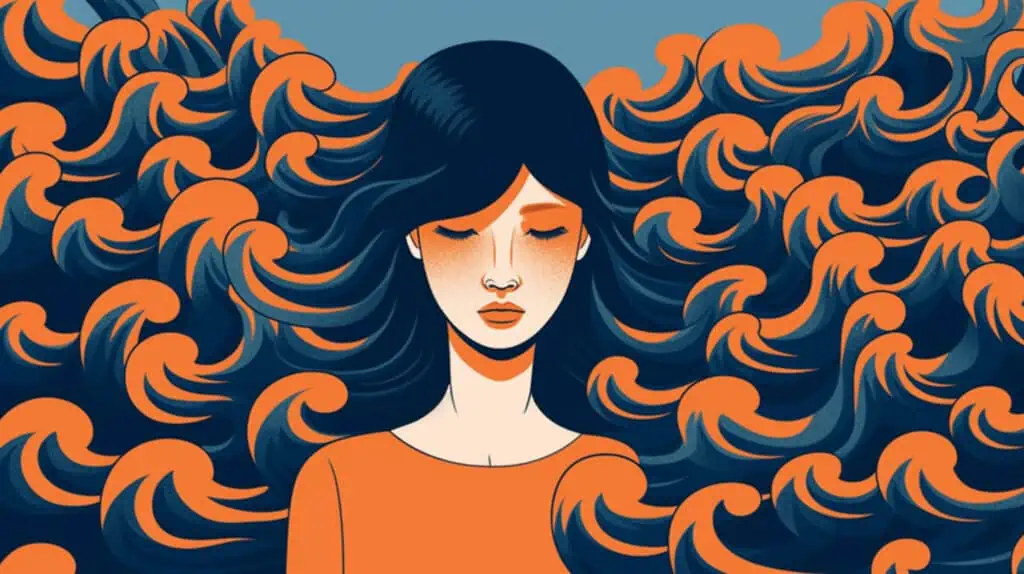
Recognizing the Signs of AVPD and Social Anxiety
It's not uncommon for medical and behavioral health conditions to present with overlapping symptoms, leading to potential misdiagnoses. While some cases might only result in minor confusion, others—such as avoidant personality disorder and social anxiety
Read More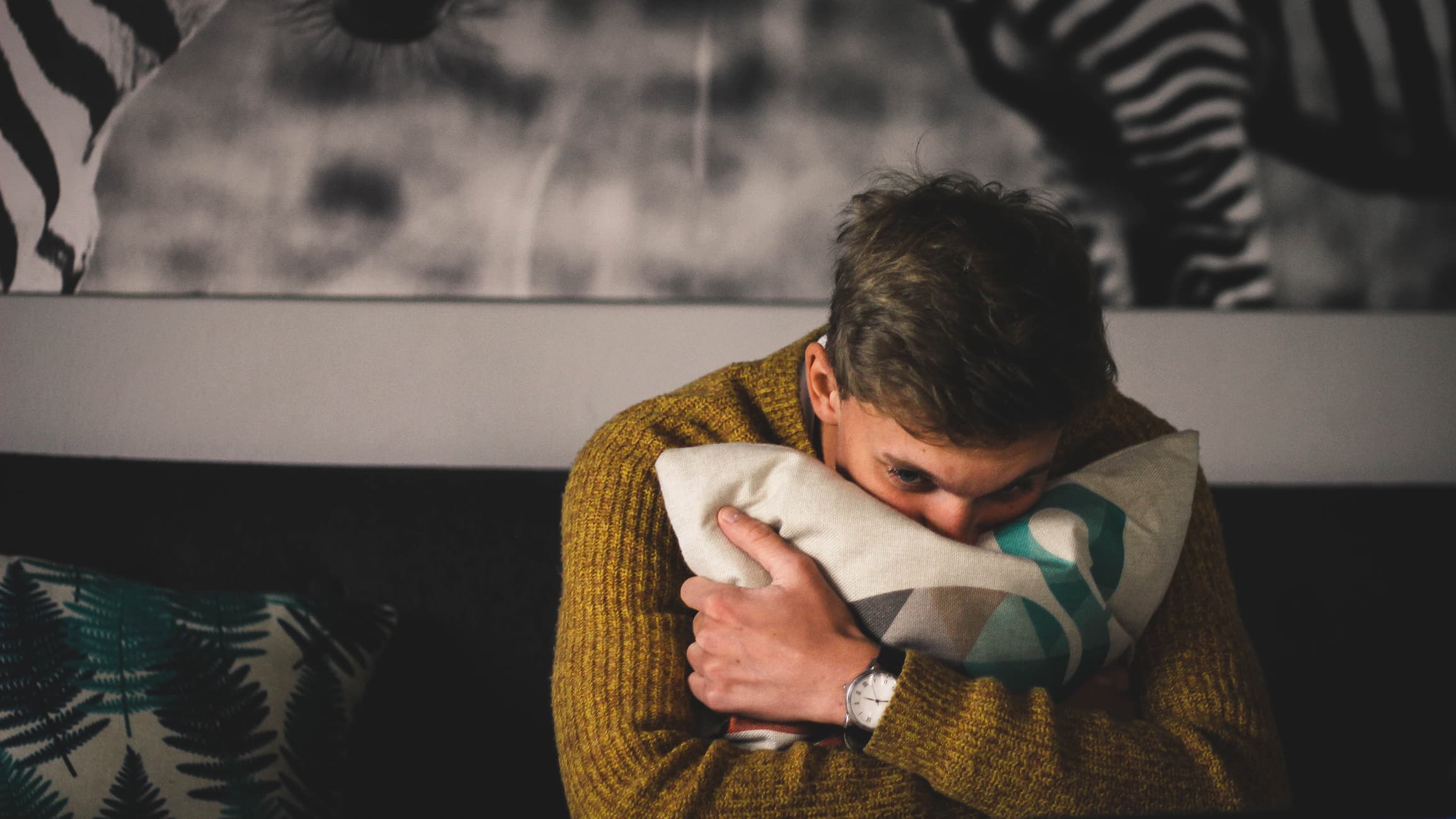
Is Your Shyness Keeping You from Socializing?
Feeling too shy to meet people? You’re not alone. Discover how shyness affects social life and learn simple ways to overcome it with Dr. Tulika
Read More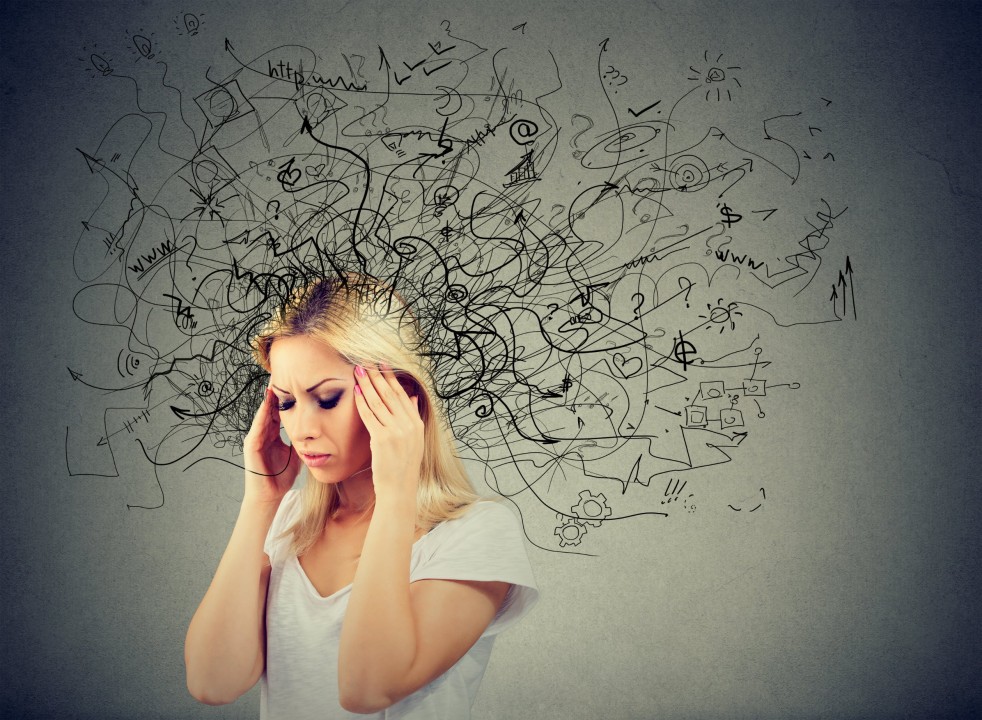
Overthinking or Inner Knowing? Spotting the Signs
Learn how to distinguish between these two powerful forces with practical tips, science-backed insights, and actionable advice. Discover the difference today!
Read More
Rising Social Anxiety Among Dubai Youth Spurs Mental Health Action
Behind Dubai’s glamor, many young people quietly battle social anxiety. Learn how psychiatric support and therapy are changing lives.
Read More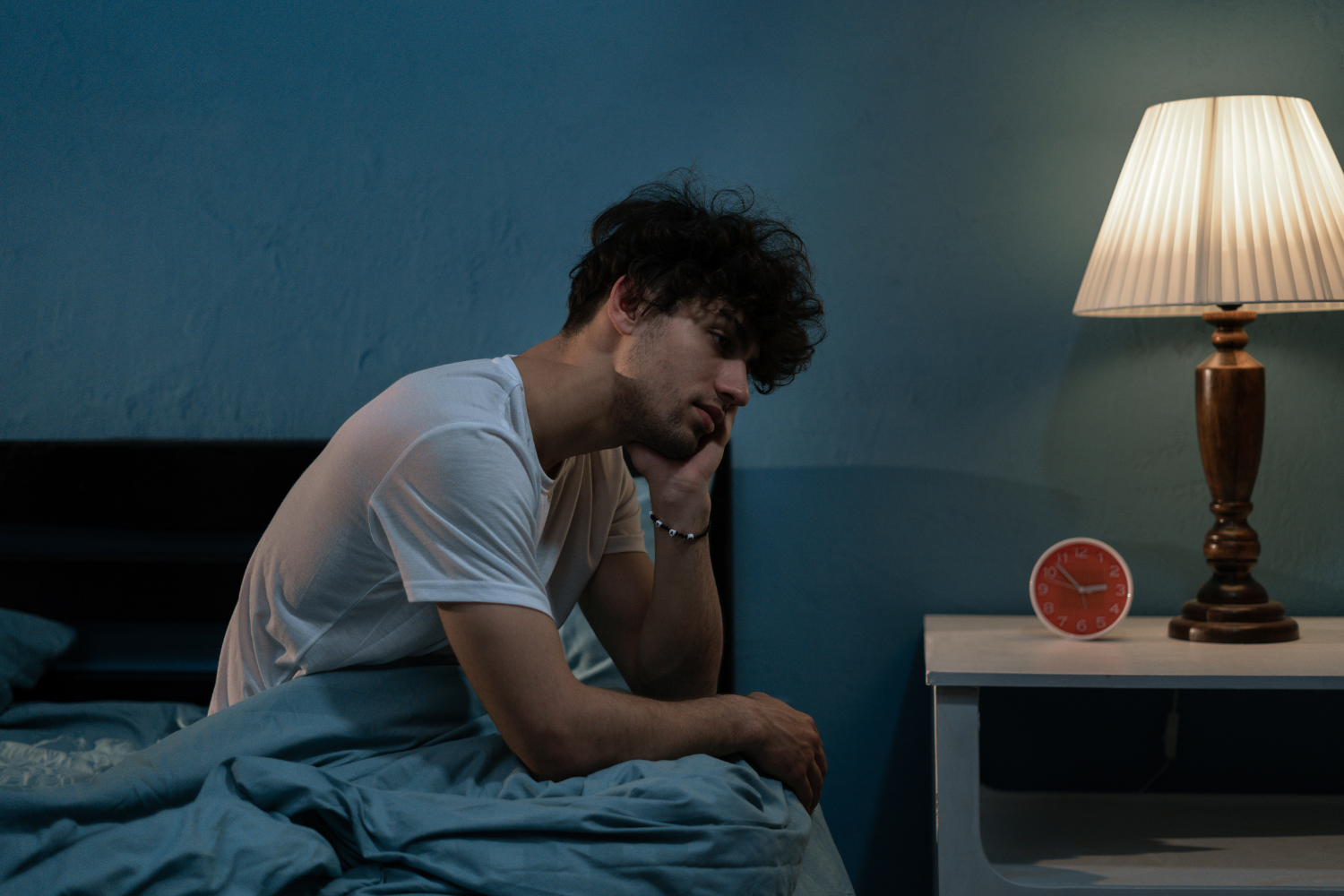
How Anxiety Affects Sleep and What You Can Do About It
Discover practical strategies to manage anxiety and get a good night's sleep. Learn about relaxation techniques, mindfulness, and creating a sleep-friendly environment.
Read More
Ramadan Anxiety: How to Manage Stress and Find Peace During Ramadan
Ramadan is a time of reflection and spiritual growth, but it can also bring stress and anxiety. Learn practical tips to manage emotions, improve well-being, and embrace the true essence of Ramadan.
Read More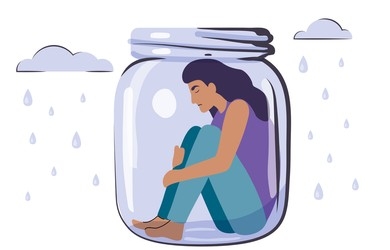
Understanding Anxiety by Breaking the Myths of Pop Psychology
As individuals, we have a natural inclination to try and comprehend the world around us. We often play the role of "armchair psychologists," attempting to devise our own reasonable explanations for human behavior.
Read More


